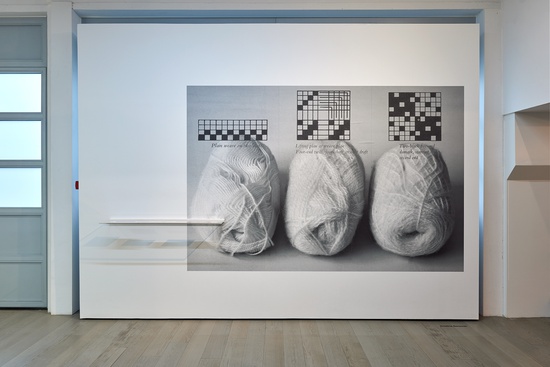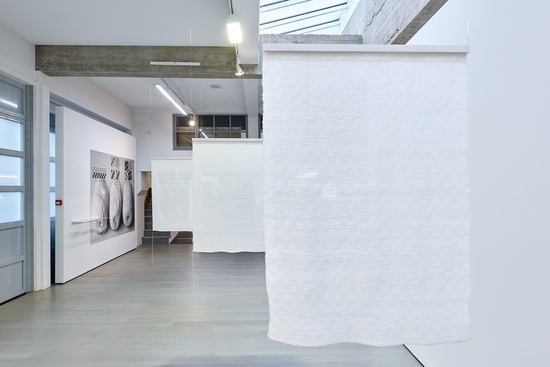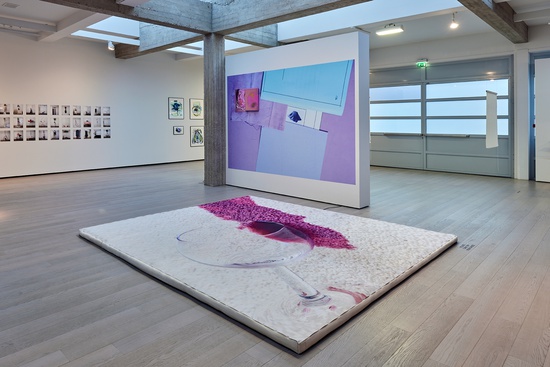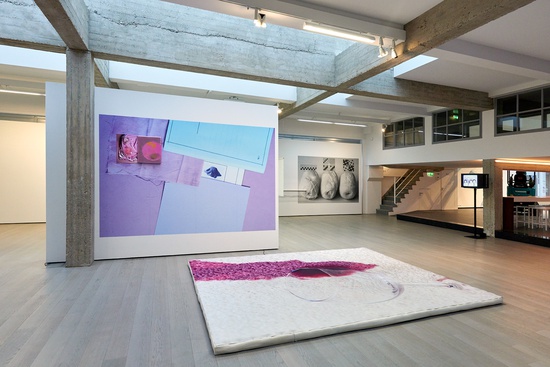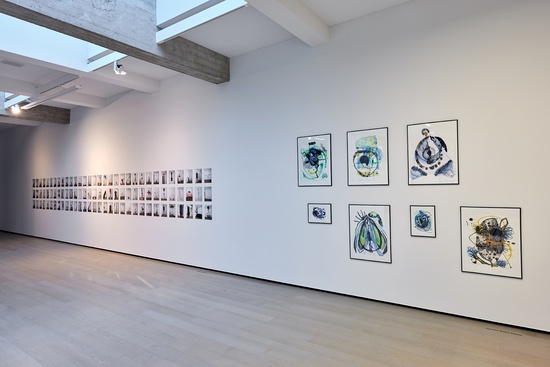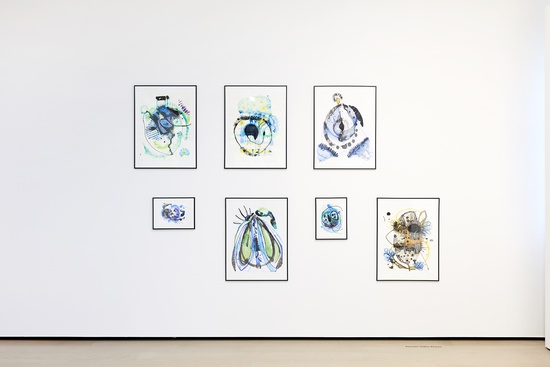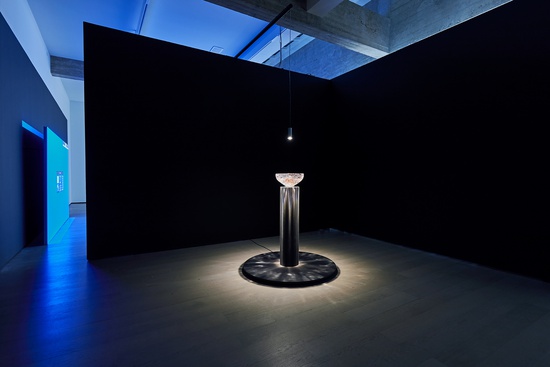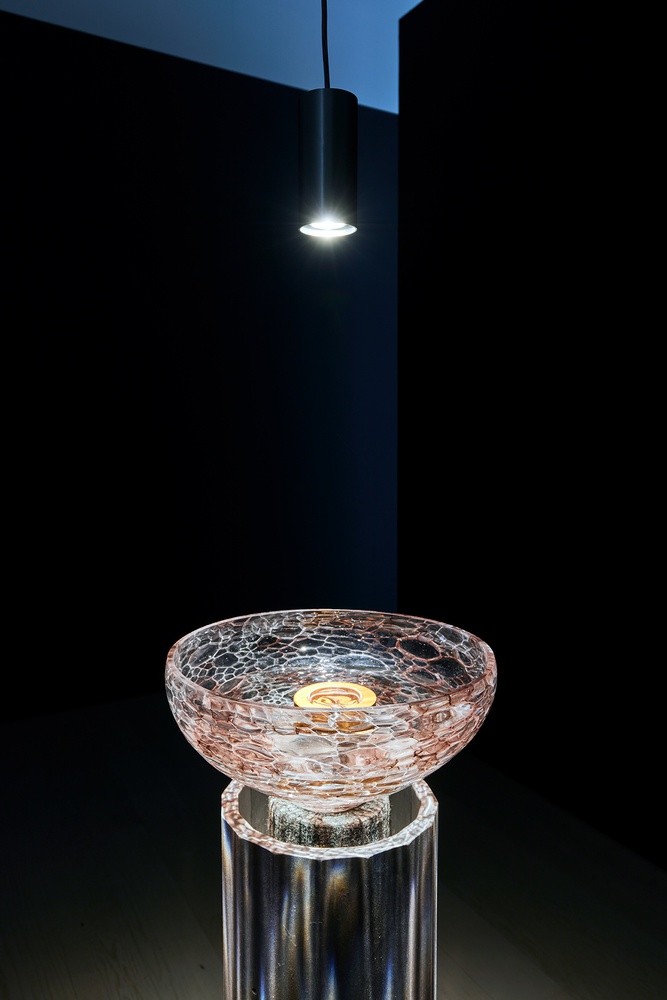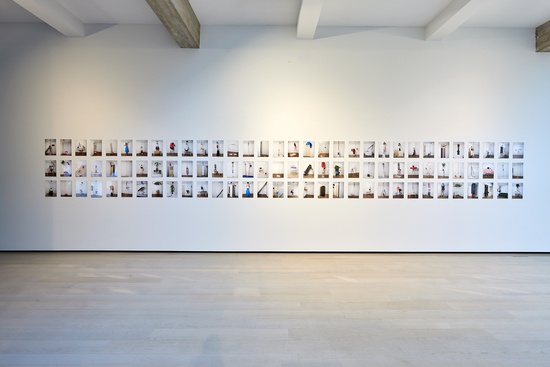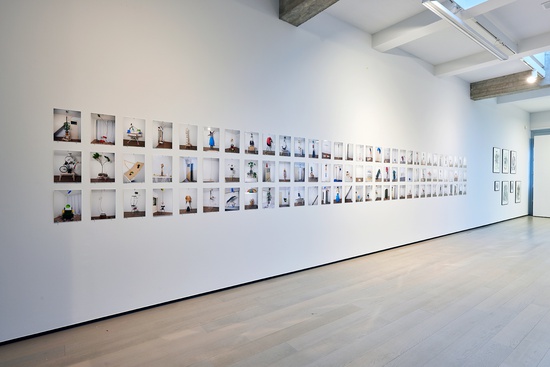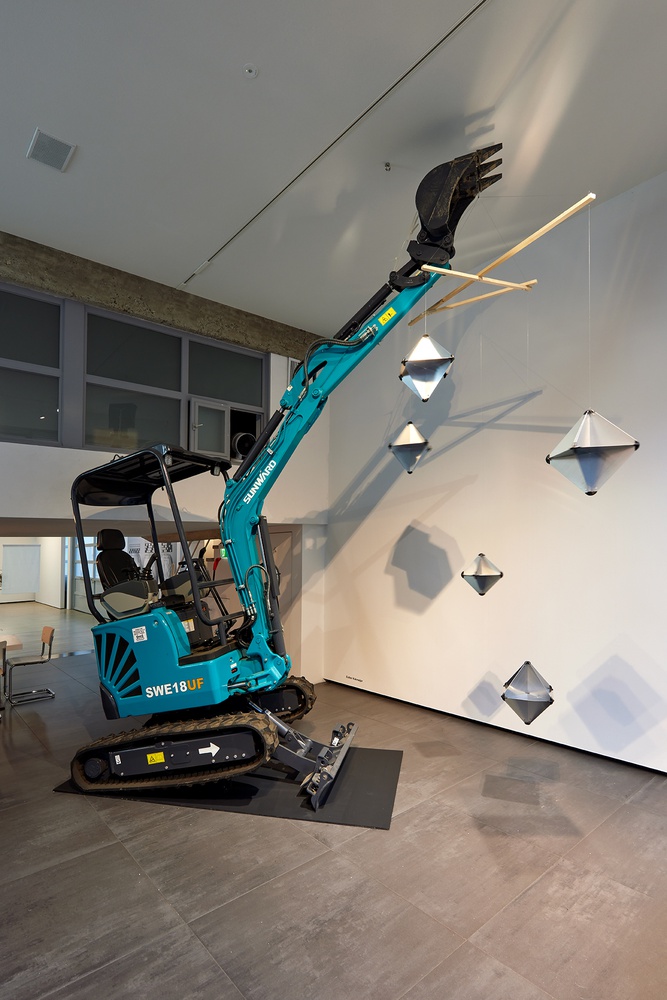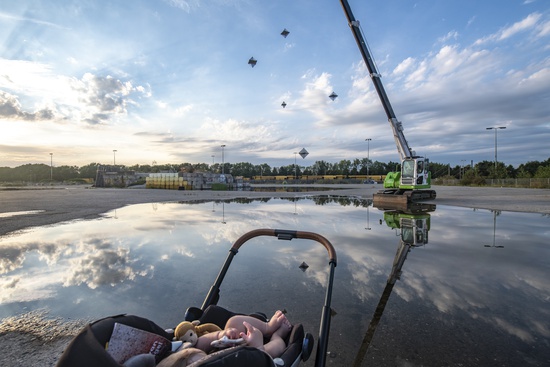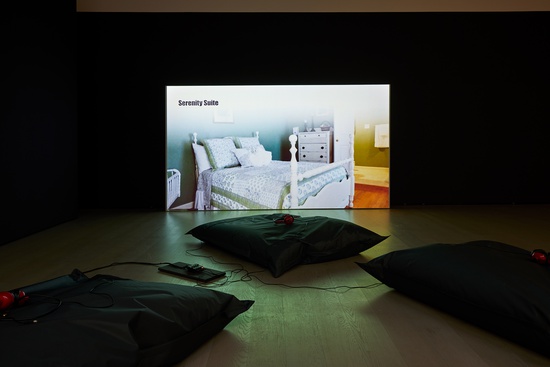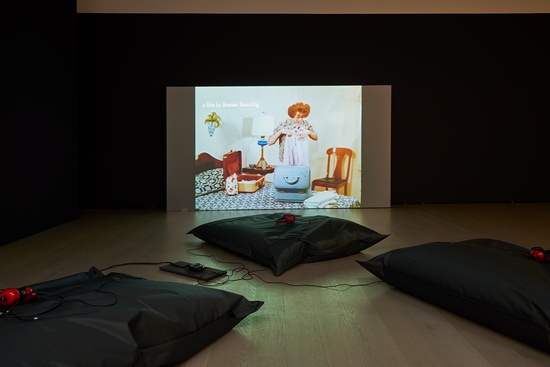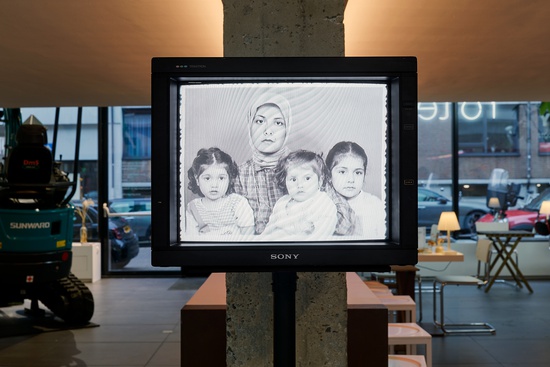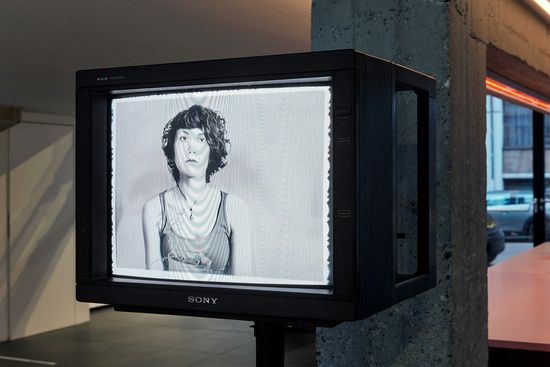ExhibitionDearest Y
How is motherhood valued and positioned in contemporary society and its institutions? Historically, the mother figure has been described and depicted, amongst others, as a goddess, a sacred entity, and a symbol of strength. However, in today’s societal structures, there seems to be a persistence of marginalising the notion of motherhood, despite it being a condition in which everybody is directly or indirectly involved. This persistence is supported by a mainstream belief that the emotional aspect of contemporary motherhood, like other feminist matters, is a personal issue or a mental disruption that needs therapy. In a hyper-capitalist society, such a discourse becomes even more problematic as mothers concurrently carry a double burden: unwaged reproductive labour and domestic housework on the one hand and having to engage in the productive workforce on the other.
The definition of motherhood in Western societies has been associated with the domestic sphere as limited to reproduction, caregiving, and the household. And whilst the women’s role has been historically narrowed mostly to unpaid tasks, men are raised and taught to produce, earn money, and be economically self-sufficient. This consequently compelled women to have a subordinate status to men both at home (in the private sphere) and in the workplace (in the public domain). This unequal division of societal roles has been inherited from one generation to another over the years, forming the basis of the so-called patriarchal society.
Since women are integrally involved in the workforce nowadays, working mothers struggle to balance their multiple responsibilities in and outside the home. Writer Adrienne Rich described the maternal challenge in her book Of Woman Born (1976) as a state of ambivalence: the suffering from ‘the murderous alternation between bitter resentment and raw-edged nerves, and blissful gratification and tenderness’. Both feelings are associated with the labour of mothering; the first is a result of the dependency of children on their mother when she has to work to earn money and be independent. While the second feeling is about the very natural connection a mother can feel towards her helpless children who are in constant need of her. Simultaneously, women are often paid less and have a social status lower than their male companions even within the same working environment. Against this, and already for decades, feminist voices have been collectively protesting and demanding socio-economic equality for women and working mothers in particular. In the current socio-economic circumstances, when both parents need to work to provide for their children, there is still a long way to go.
Titled Dearest Y, the exhibition is inspired by the 1960s and ’70s feminist cry ‘the personal is political’. It underscored the connections between the personal experience of motherhood and broader socio-economic and political systems. The letter Y in the title signifies the initial of Yasmina, my first and only born, who inspired me to engage with the theme of motherhood and make this exhibition. The show brings together paintings, sculptures, videos, textile, and mixed media installations. Collectively, the works aspire to give a more comprehensive picture of how the subjective experience of motherhood reflects on and intertwines with its surrounding public structures.
Curator: Fadwa Naamna
Artists: Kristina Benjocki, Yasmim Salim Flores, Cecilia Jonsson, Csilla Klenyánszki, Esther Kokmeijer, Irene Lusztig, Emmeline de Mooij, Ghinwa Yassine

